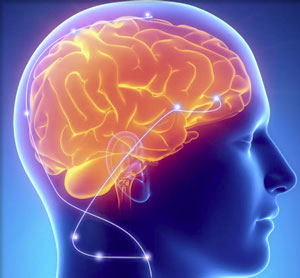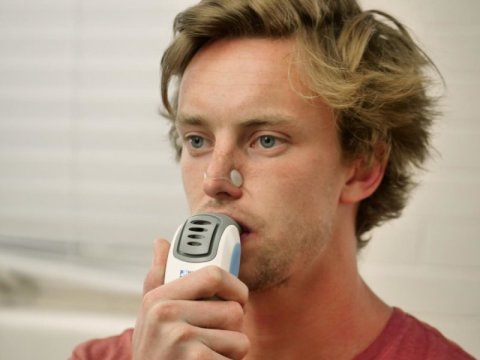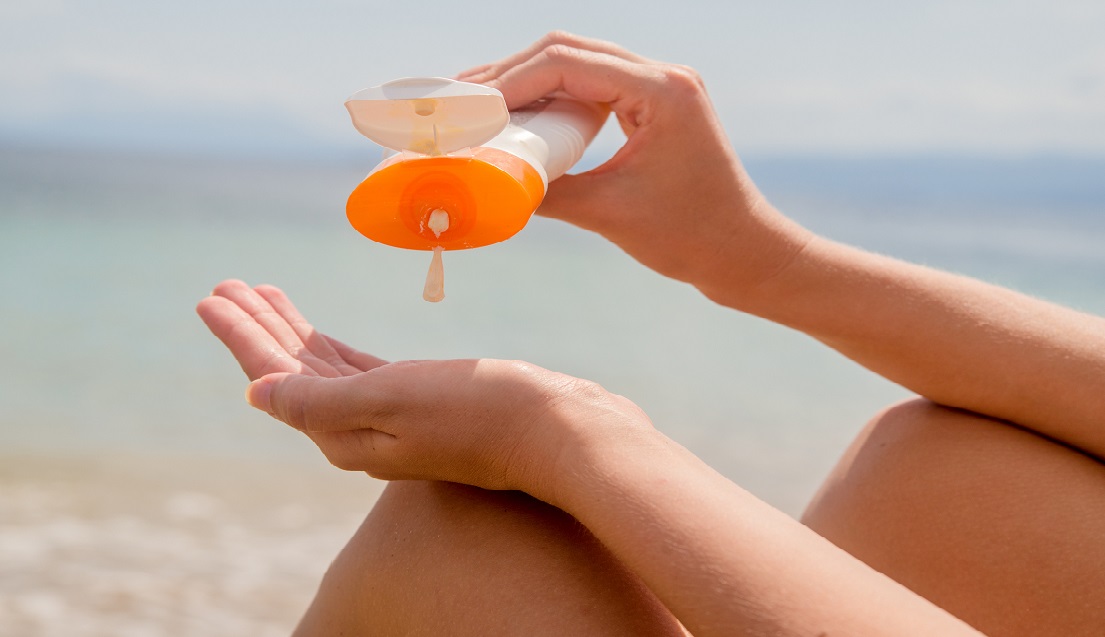A new paper published in Nature Reviews Neurology suggests that recent advances in deep brain stimulation (DBS) for Parkinson disease could lead to treatments for conditions such as obsessive-compulsive disorder (OCD), Gilles de la Tourette syndrome and depression. The authors of the paper, from the Geneva University Hospitals (HUG), University of Geneva, University of Tübingen and the Wyss Center for Bio and Neuroengineering, argue that bi-directional electrodes which can both stimulate and record from deep brain structures — known as closed-loop DBS — could have applications beyond Parkinson disease. Other bi-directional brain-computer…
Read MoreCategory: Health
Novel 5-minute workout improves blood pressure, may boost brain function
Could working out five minutes a day, without lifting a single weight or jogging a single step, reduce your heart attack risk, help you think more clearly and boost your sports performance? Preliminary results from a clinical trial of Inspiratory Muscle Strength Training (IMST), presented this week at the Experimental Biology conference in Orlando, suggest “yes.” “IMST is basically strength-training for the muscles you breathe in with,” said Daniel Craighead, a postdoctoral researcher in the the University of Colorado Boulder Integrative Physiology department who is leading the study. “It’s something…
Read MoreFishy diagnostics for food allergy testing
James Cook University scientists in Australia have found material commonly used for fish allergy testing is unreliable — potentially putting lives at risk. A team led by PhD candidate Thimo Ruethers from JCU’s Australian Institute for Tropical Health and Medicine (AITHM) evaluated 26 commercially available fish preparations used for skin prick testing, the most common way of diagnosing fish allergy in Australia. “We found the amount of allergens present varied greatly, and in some preparations major fish allergens could not be detected. This means many skin prick tests that show…
Read MoreSunscreen use could lead to better blood vessel health
A new study suggests that sunscreen protects the skin’s blood vessel function from harmful ultraviolet radiation (UVR) exposure by protecting dilation of the blood vessels. Perspiration on the skin may also provide protection to the skin’s blood vessels from sun damage. The findings will be presented today at the American Physiological Society’s (APS) annual meeting at Experimental Biology 2019 in Orlando, Fla. UVR from the sun has been well-documented as a contributing factor to skin cancer and premature skin aging. UVR has also been found to reduce nitric oxide-associated dilation…
Read MoreMore sleep may help teens with ADHD focus and organize
Teenagers with attention deficit hyperactivity disorder (ADHD) may benefit from more sleep to help them focus, plan and control their emotions. The findings — the first of their kind in young people with ADHD — will be presented today at the American Physiological Society’s (APS) annual meeting at Experimental Biology 2019 in Orlando, Fla. ADHD is one of the most common neurobehavioral disorders among children and adolescents. People with ADHD often have trouble with executive function, which are skills that contribute to being able to focus, pay attention and manage…
Read More




